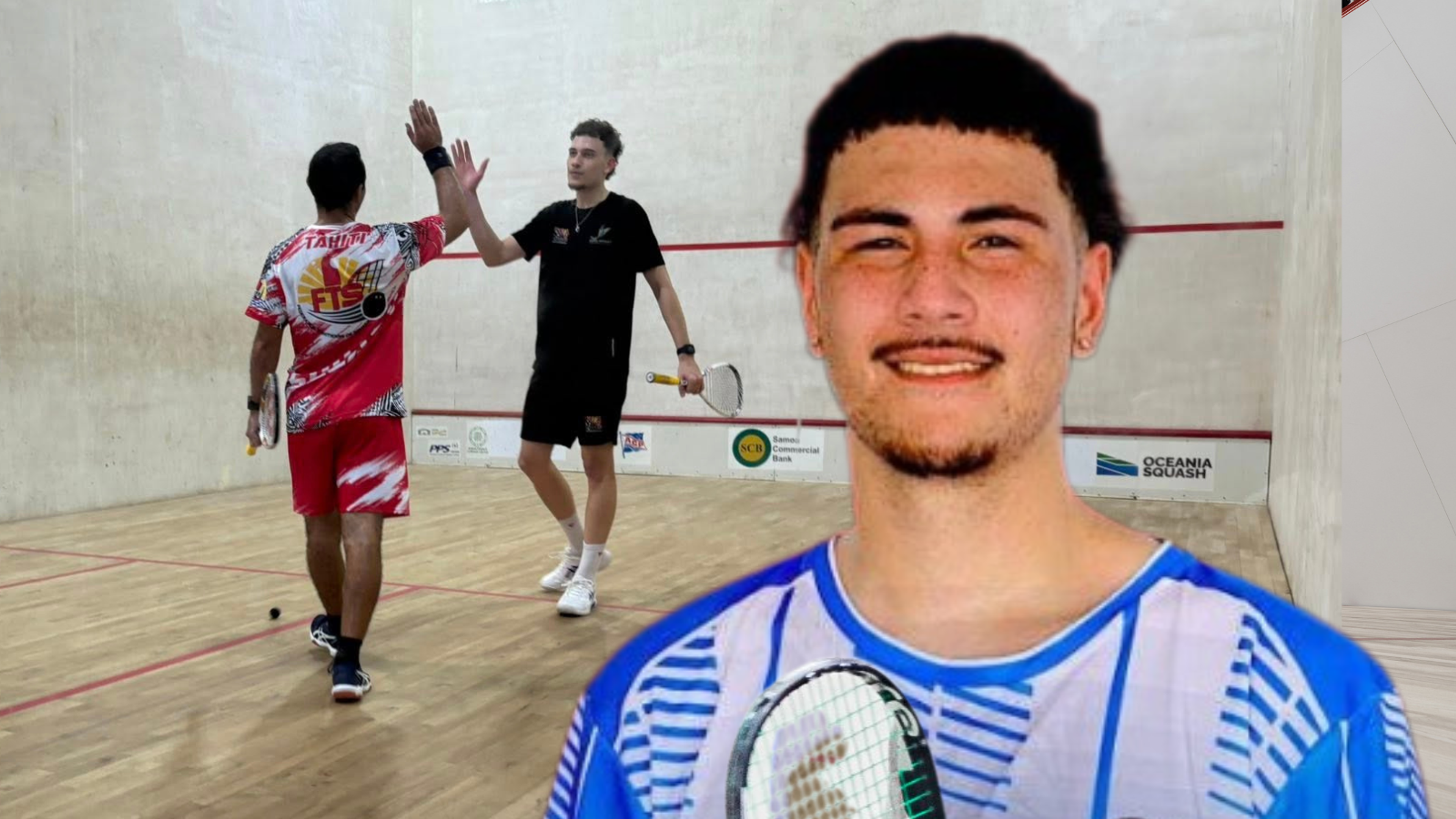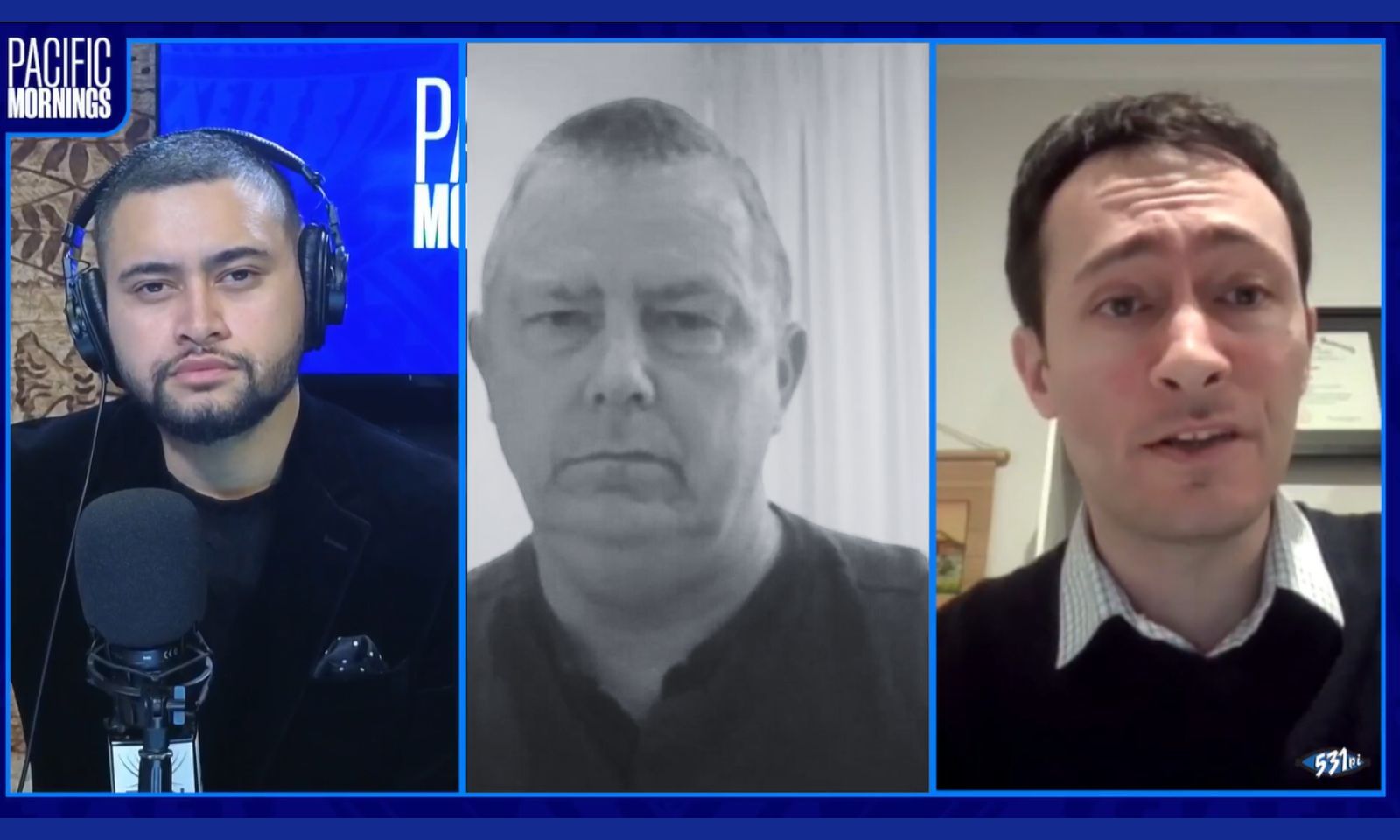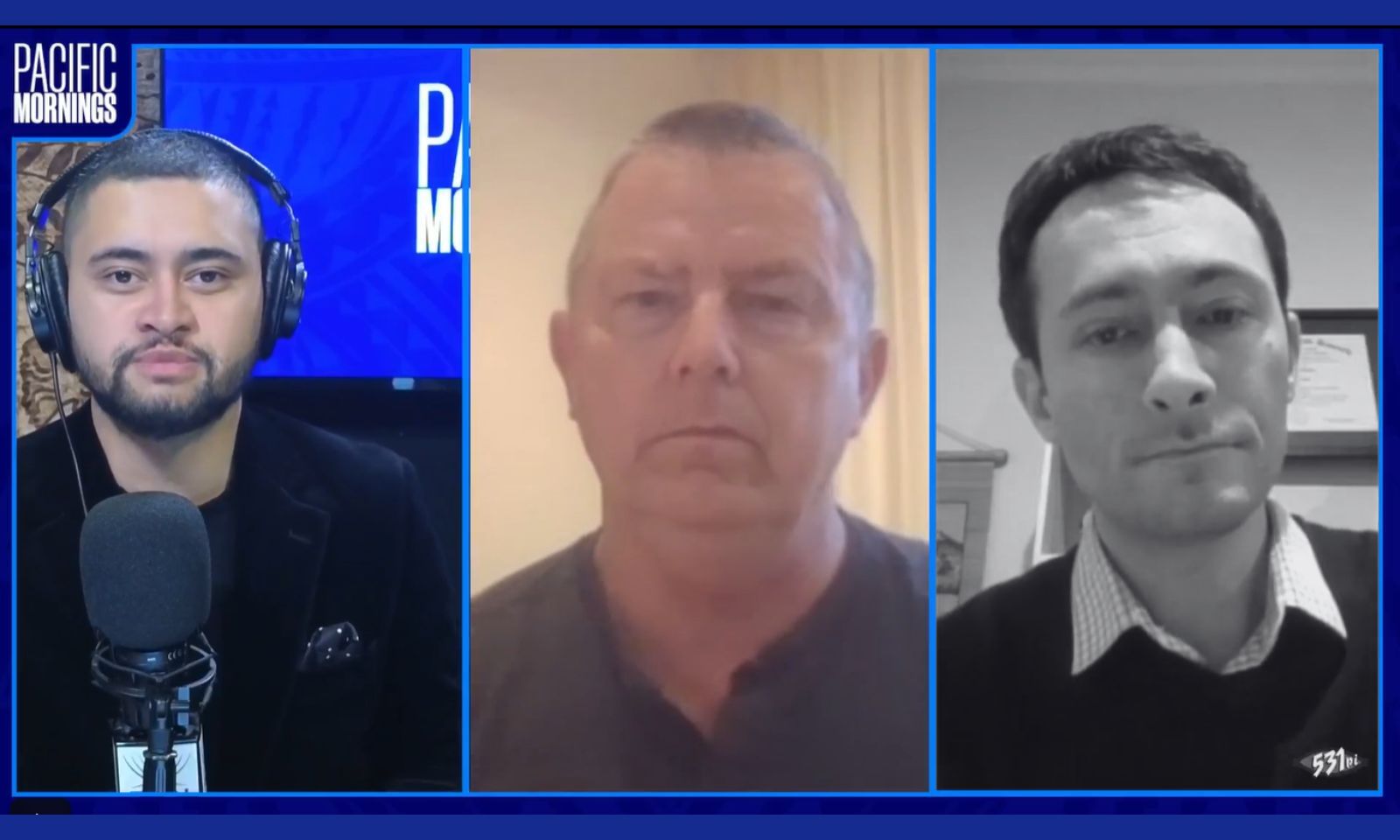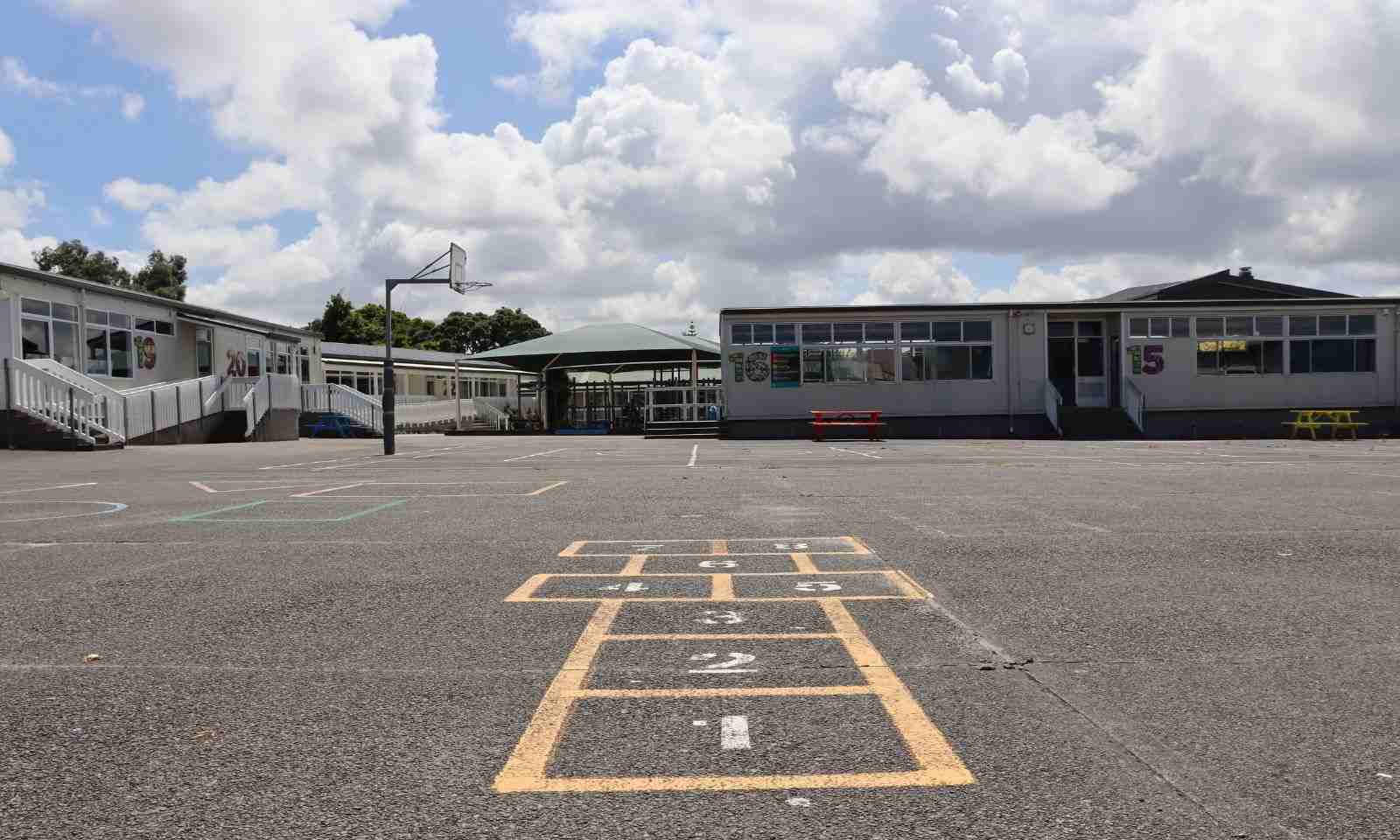

New Zealand will soon add 50 charter schools to their state-school system.
Photo /Unpslash.
Charter schools: Win for NZ education or a harmful system?
An education advocate and PPTA member weighs in on the return of charter schools.




A.R.T sets new Pacific music pace with ‘First Thursday’ releases



Moana Pasifika end Lautoka curse to win 'Battle of the Pacific'


A.R.T sets new Pacific music pace with ‘First Thursday’ releases

Charter schools are returning, spurring celebrations and caution from both sides of the debate.
ACT Leader David Seymour's charter school bill has passed its third reading, meaning $153 million will soon go towards breaking in 50 new or converting existing state schools into charter institutes.
Post Primary Teachers' Association Austen Pageau and charter school advocate Alwyn Poole spoke to William Terite on Pacific Mornings about the charter bill's success.
Pageau said it was disappointing, considering more than 90 per cent of submissions were against the bill.
"The minister claims it's because it was a union campaign," he said.
"We'd argue if there are so many advocates and so much demand for these schools why weren't they coming out and speaking for them as well?
"I don't see support for them and yet it's unchanged."
Pageau said their main worries remained, including the lack of oversight on charter schools, how transparency on contracts is not mandatory, alongside a "loss of control on democracy with local communities no longer having a board of trustees".

Pageau goes first - Disappointing negligence of public submissions. Photo /Facebook/531pi.
On the other hand, Poole considered the bill's success a victory for New Zealand’s education system, and he shared Pageau's concerns around charter school privatisation.
Having presented at the bill's select committee prior, Poole promised that if his charitable organisation could run one to four charter schools they would voluntarily adhere to the Official Information Act - which was not mandatory for schools with charter status.
"And we will make our contracts public because that's important," he said.
"It is government money - It's not about secrecy, it's a typical private-public partnership law."
He also addressed arguments made by Pageau earlier that the $153m used for this reintroduction could have been better spent on the existing state system.
"$153 million over four years is well and truly less than one per cent of our education spend," he said.
"The alternative they have said is we could have 0.3 of the teacher aide in every school in New Zealand with this money.
"I think 50 schools for this money is a bargain compared to [that alternative], and our education is in really significant strife."

Poole responds - A win for NZ Education. Photo /Facebook/531pi.
Could charter schools uplift Pacific achievement?
NCEA figures from May showed a staggering 77 per cent of Pacific students and 71 per cent of Māori failed in Maths, with the national total being 54 per cent.
In reading, 63 per cent of Pacific students alongside 54 per cent of Māori did not pass, with writing 56 and 55 per cent failing respectively.
Poole has previously pushed for charter schools as a potential means of addressing these pass rates and that it gets worse when considering his annual report on school leavers with University Entrance.
"Even at the highest school level our Asian leavers are leaving with 62 per cent, Pacific leavers it's about 21 per cent and our Māori leavers it's about 18.
"When you explain these stats to people they always sort of glaze over it like it's natural and normal.
"We need to do something about it."
Change the system or improve it?
Pageau agreed that the current education has "woefully underserved" many priority groups such as Pacific, Māori and neurodiverse students.
However, he said they argued that most students would remain in the state system regardless of charter reintroduction and that the solution was in designated character schools rather than the charter schools.
Pageau said character schools had what charter schools had, but lacked the "pitfalls" such as the potential of profiteering.
"Alwyn's schools aren't going to do that - that's great. But there's the potential.
"Why have it in legislation that allows for the possibility of even overseas companies to come in and run these for-profit charter schools."

Charter schools - New hope or outdated model? Photo /PMN News/Candice Ama.
Poole responded by calling on teacher unions, who spent "a massive" amount of their member's money, fighting the introduction of charter schools in 2014 rather than "trying to improve the state system where Austen says most of the kids still reside".
"So, my challenge to the teacher unions would be that some of these schools are going to get through," he said.
"We're going to monitor them closely but we're going to put our heads down to work with the government to improve the state system.
"We're going to use our member's money that way, we're going to be vocal about that, we're going to get alongside these no teacher-only days during term time.
"We're going to work our backsides off to improve outcomes in the state system for Māori and Pasifika."
Charter schools: Competitive or collaborative model?
Pageau said unions had advocated for the improvement of the school-state system, better cultural pedagogy, community liaisons, improving teaching for priority learners, and better payment for teachers.
"This charter school model is not collaborative, it's competitive. It's the free market and why would a school that's in competition with one another school share what is working at that school?
"They're in competition for learners. The way that the free market works, they're not going to share, they're not going to help each other.
"It's going to be a harmful system that's going to break down and not lead to success being replicated across schools."
Poole agreed that schools must work together to support students and staff.
But he said they did not see charter schools as a competitive model, open to working with any state school.
"There are solutions to these 'mini-problems' and I'd much rather we talked about them than one group of protestors went down one side of the street and the other went up the other.
"The PPTA have got much more potential to be a bigger part of the solution - let's get positive, talk positively and get alongside each other."
Watch the full panel discussion via 531pi's FB below: